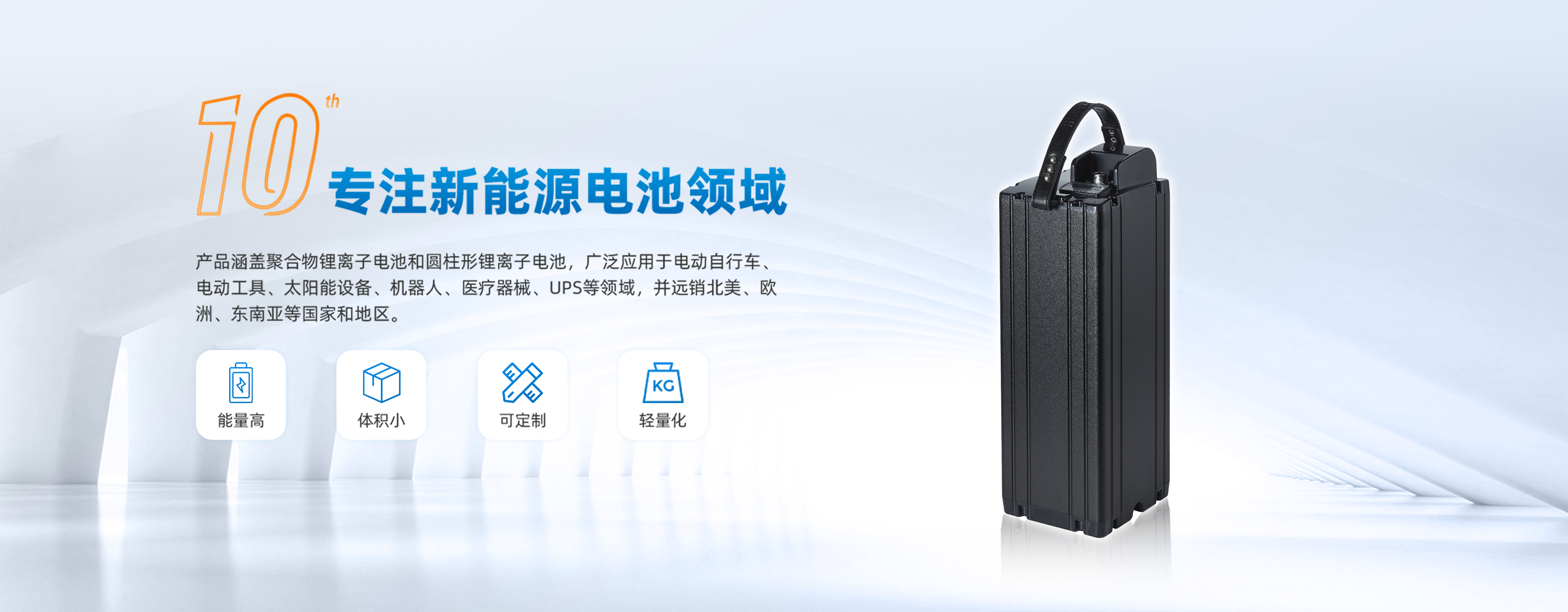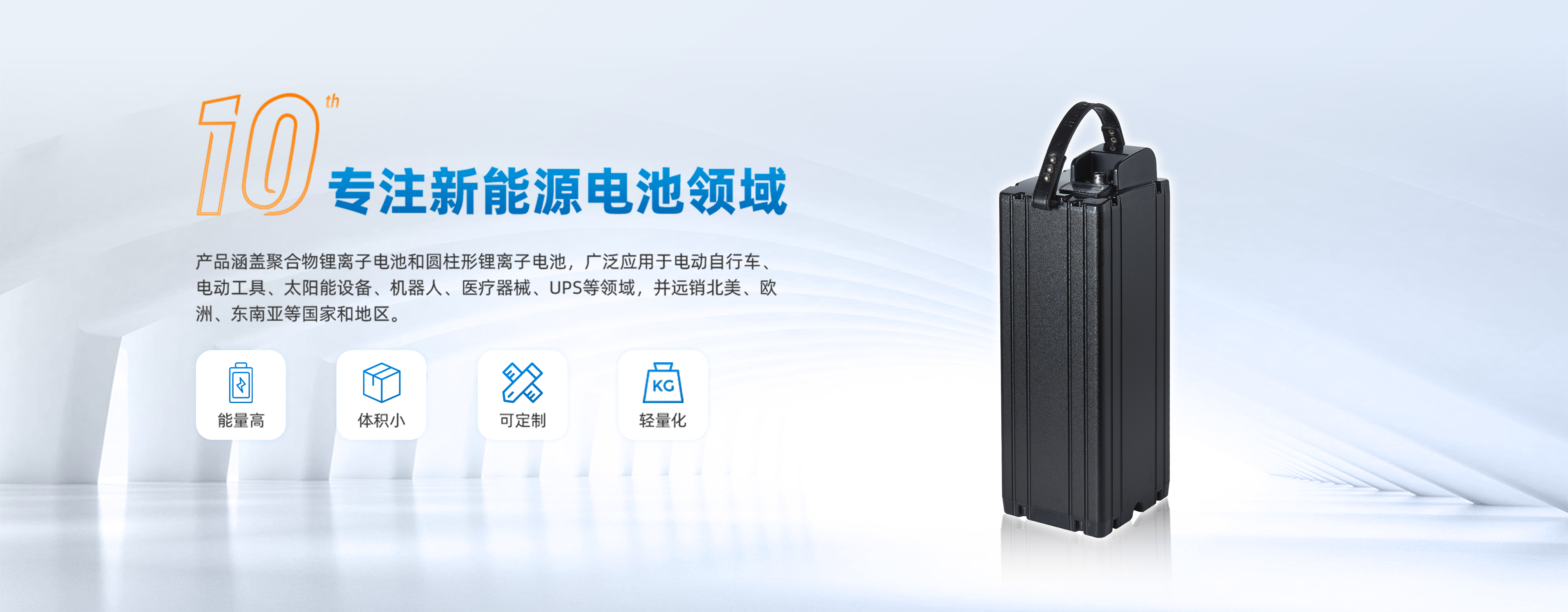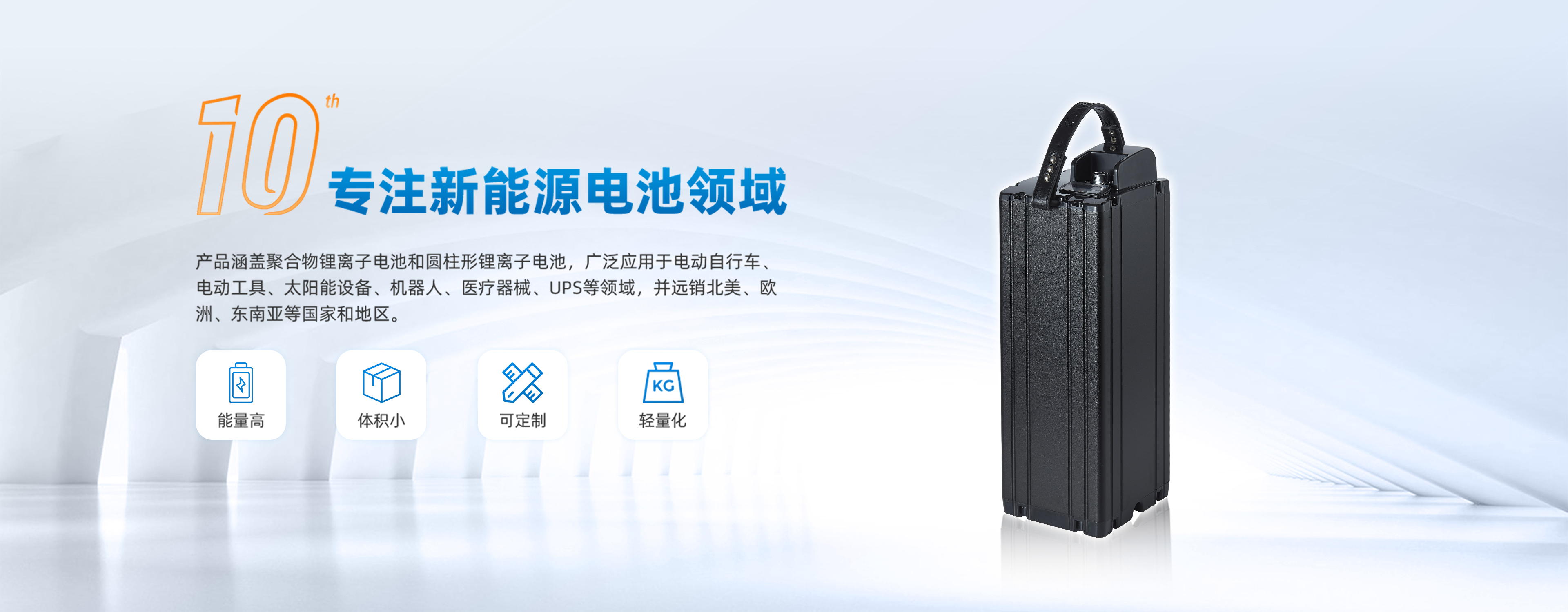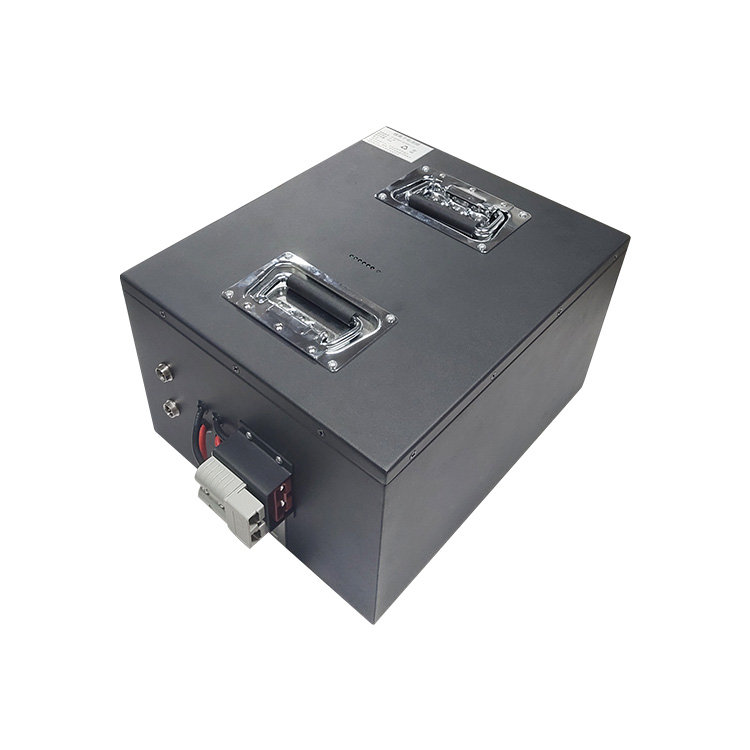Does the Electric Vehicle Battery Need Un38.3 Test Certification?
UN38.3 is about lithium battery the international standard of transportation safety stipulates the testing requirements and safety standards of lithium batteries during transportation. With the popularization and development of electric vehicles, the safety of electric vehicle batteries has attracted much attention. This article will discuss whether the electric vehicle battery needs UN38.3 test certification and the importance of UN38.3 test in the safety guarantee of electric vehicle battery.
I. Background and significance of UN38.3 testing and certification
-
UN38.3 test standard: UN38.3 is one of the United Nations test standards on the transportation of dangerous goods, focusing on the safety of lithium batteries and their products during transportation.
-
Test requirements: UN38.3 test requires a series of extreme environmental tests on lithium batteries, such as high temperature, low temperature, vibration, impact, etc., to verify the safety performance of the batteries in transportation.
-
Safety Assurance: through UN38.3 testing and certification, it can ensure that battery products conform to international safety standards, improve their safety during transportation and use, and reduce potential safety risks.
II. Whether the electric vehicle battery needs UN38.3 test certification
-
international standard requirements: according to international transportation regulations, products carrying lithium batteries need to meet UN38.3 test certification standards to ensure their safety during transportation.
-
Particularity of electric vehicle battery: as a kind of lithium battery, electric vehicle battery faces more complicated challenges during transportation and needs to undergo stricter safety tests.
-
Market access requirements: the market access requirements for electric vehicle batteries in many countries and regions include UN38.3 test certification. Lack of certification may affect the market competitiveness and credibility of products.
-
Security requirements: as a key component of electric vehicles, the safety of batteries is very important. UN38.3 test certification can provide necessary security and reduce potential security risks.
-
safety verification: UN38.3 test can verify the safety performance of electric vehicle batteries in extreme environments such as high temperature, low temperature and vibration to ensure that there will be no safety problems during transportation.
-
Product quality assurance: through UN38.3 test certification, the quality level and stability of electric vehicle battery products can be improved, and the competitiveness of products in the market can be improved.
-
Reputation construction: Electric vehicle batteries that have been tested and certified by UN38.3 will have a better reputation among consumers and the industry, which can increase consumers' trust in products and their willingness to choose.
-
Regulatory compliance: the regulations of many countries and regions require electric vehicle batteries to meet the UN38.3 test certification standard. Passing the certification can ensure that the products meet the regulatory requirements when entering the market.
In the process of designing and producing electric vehicle batteries, UN38.3 testing and certification standards should be followed to ensure the safety of products during transportation and use. UN38.3 testing and certification is not only an international requirement, but also an important safeguard measure for the safety of electric vehicle batteries. Through strict UN38.3 testing and certification, the quality level, market competitiveness and consumer credibility of electric vehicle battery products can be improved, and the healthy development of electric vehicle industry can be promoted.
 Dongguan Juneng New Energy Technology Co., Ltd.
Dongguan Juneng New Energy Technology Co., Ltd.
 137 5142 6524(Miss Gao)
137 5142 6524(Miss Gao)
 susiegao@power-ing.com
susiegao@power-ing.com
 Xinghuiyuan High tech Industrial Park, Dalang Town, Dongguan City, Guangdong Province
Xinghuiyuan High tech Industrial Park, Dalang Town, Dongguan City, Guangdong Province













 Yue Gong Wang An Bei No. 4419002007491
Yue Gong Wang An Bei No. 4419002007491